Companion Planting: The Natural Way To Deter Pests
Companion Planting: The Natural Way to Deter Pests
Pests are a common problem for gardeners, but there are natural ways to deter them without resorting to harsh chemicals. Companion planting is one such method.
Companion planting is the practice of planting certain plants together in order to benefit each other. Some plants have natural pest-repelling qualities, while others attract beneficial insects that prey on pests. By planting these plants together, you can create a balanced ecosystem in your garden that helps to keep pests in check.
There are many different companion planting combinations that you can try. Some of the most popular include:
- Marigolds and tomatoes: Marigolds release a scent that repels nematodes, which can damage tomato roots.
- Basil and tomatoes: Basil deters tomato hornworms, while tomatoes provide a trellis for basil to climb.
- Chrysanthemums and roses: Chrysanthemums release a scent that repels aphids, spider mites, and whiteflies, which are common pests of roses.
- Leeks and cabbage: Leeks release a sulfuric compound that repels cabbage moths, while cabbage provides shade for leeks in hot weather.
- Potatoes and beans: Potatoes and beans have different nutrient requirements, so they can help each other to grow better. Beans also fix nitrogen in the soil, which benefits potatoes.
When choosing companion plants, it is important to consider the size, growth habit, and sunlight requirements of each plant. You should also plant them in a way that takes advantage of their natural pest-repelling qualities. For example, if you are planting marigolds to repel nematodes, you should plant them around the perimeter of your garden or around individual tomato plants.
Companion planting is a simple and effective way to deter pests in your garden. By planting the right plants together, you can create a balanced ecosystem that helps to keep your plants healthy and pest-free.
Here are some additional tips for companion planting:
- Do your research. There are many resources available to help you learn about companion planting. Books, websites, and gardening magazines can all provide you with information on which plants are compatible with each other.
- Experiment. There is no one-size-fits-all approach to companion planting. The best way to find out which plants work well in your garden is to experiment. Try different combinations and see what works best for you.
- Be patient. It takes time for companion planting to work. Don't expect to see results overnight. Be patient and give the plants time to establish themselves.
Companion planting is a natural and effective way to deter pests in your garden. By following these tips, you can create a healthy and pest-free garden that will be enjoyed by you and your family for years to come.
FAQ of companion planting to deter pests
- What are companion plants?
Companion plants are plants that are grown together in the same garden or landscape for their beneficial effects on each other. Some companion plants attract beneficial insects, such as ladybugs and lacewings, which help to control pests. Others have strong scents that repel pests, or they may improve the growth or flavor of nearby plants.
- How do companion plants deter pests?
There are a few ways that companion plants can deter pests. Some plants release chemicals that repel pests, while others have physical features that make them unattractive to pests. For example, marigolds have a strong scent that deters many insects, while nasturtiums have prickly leaves that make them unappealing to slugs and snails.
- What are some good companion plants for deterring pests?
There are many different companion plants that can be used to deter pests. Some of the most common include:
- Marigolds: Marigolds are a popular choice for companion planting because they repel a wide variety of pests, including aphids, beetles, and nematodes.

- Nasturtiums: Nasturtiums are another good choice for companion planting because they repel aphids, beetles, and slugs. They also attract beneficial insects, such as ladybugs and lacewings.

- Chives: Chives have a strong scent that repels aphids, mosquitoes, and other insects. They also improve the growth and flavor of nearby plants.
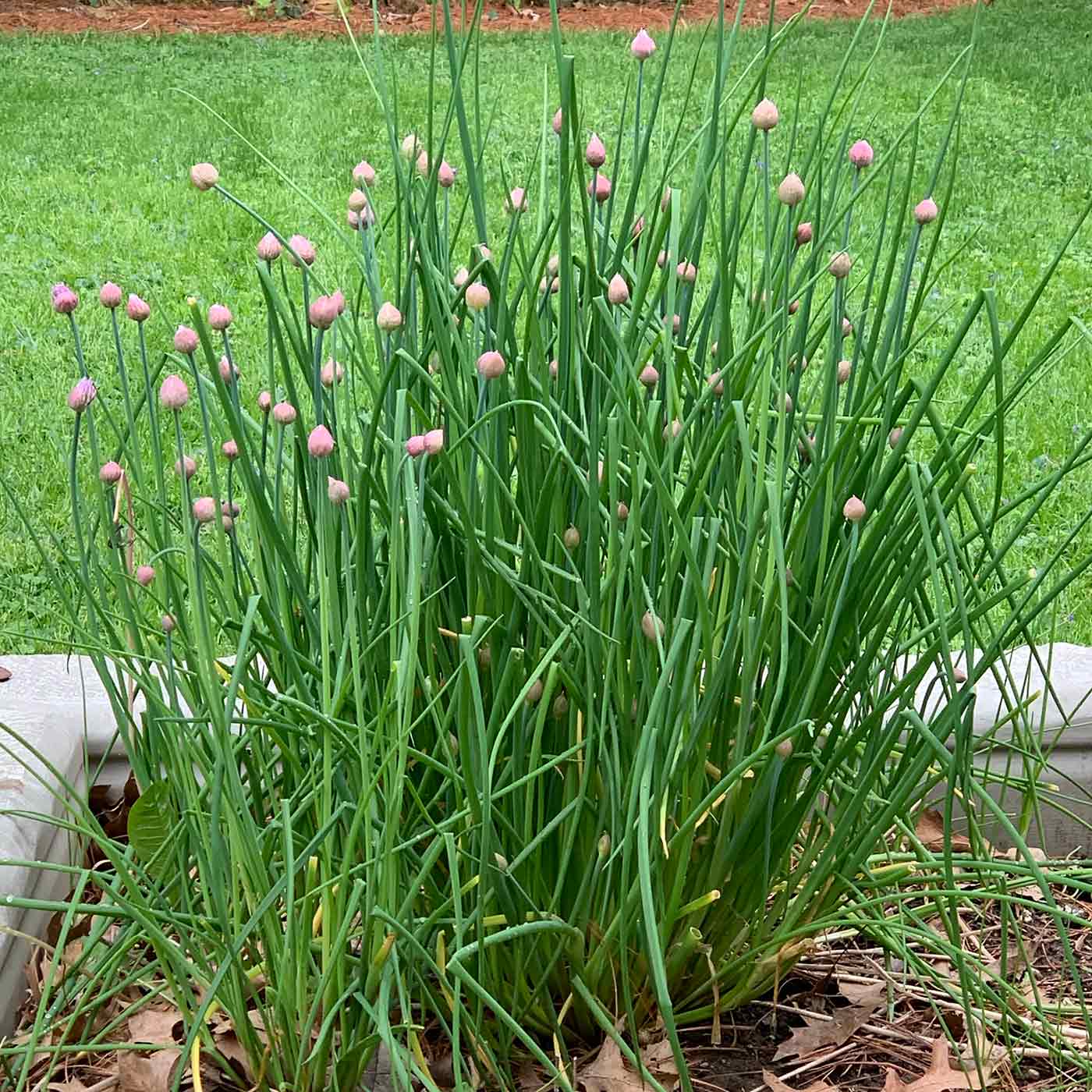
- Garlic: Garlic has a strong scent that repels many insects, including mosquitoes, aphids, and cabbage moths. It also helps to improve the soil.
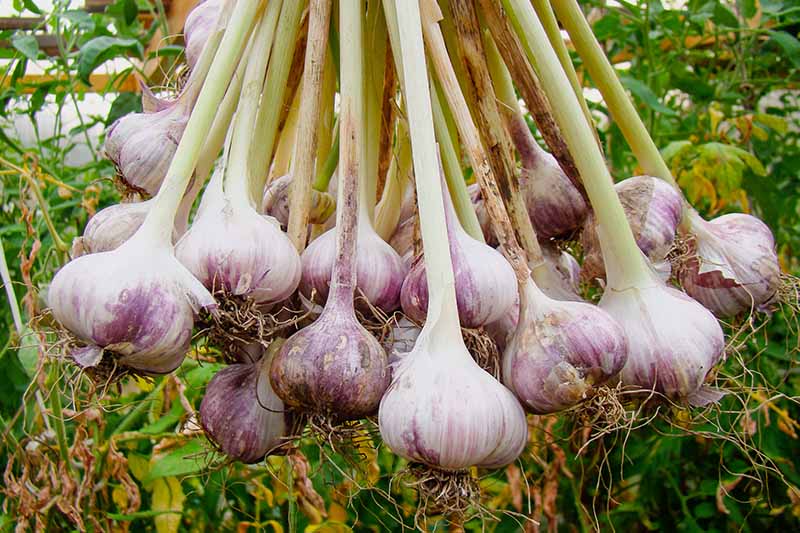
- Chrysanthemums: Chrysanthemums release a chemical that repels Japanese beetles. They also attract beneficial insects, such as ladybugs and lacewings.

- How close together should companion plants be planted?
The ideal spacing for companion plants will vary depending on the specific plants involved. However, as a general rule, companion plants should be planted within two or three rows of each other. This will help to ensure that they benefit from each other's presence.
- What are some other benefits of companion planting?
In addition to deterring pests, companion planting can also offer a number of other benefits, such as:
- Attracting beneficial insects: Companion planting can help to attract beneficial insects, such as ladybugs and lacewings, which help to control pests.
- Improving soil quality: Some companion plants, such as legumes, can help to improve soil quality by fixing nitrogen.
- Competition reduction: Companion planting can help to reduce competition between plants for water, nutrients, and sunlight.
- Diversification: Companion planting can help to diversify your garden, which can make it more resistant to pests and diseases.
Image of companion planting to deter pests
5 different images of companion planting to deter pests from Pinterest:
- Marigolds and tomatoes. Marigolds are known to deter a variety of pests, including nematodes, whiteflies, and aphids. They can be planted around tomatoes to help protect them from these pests.
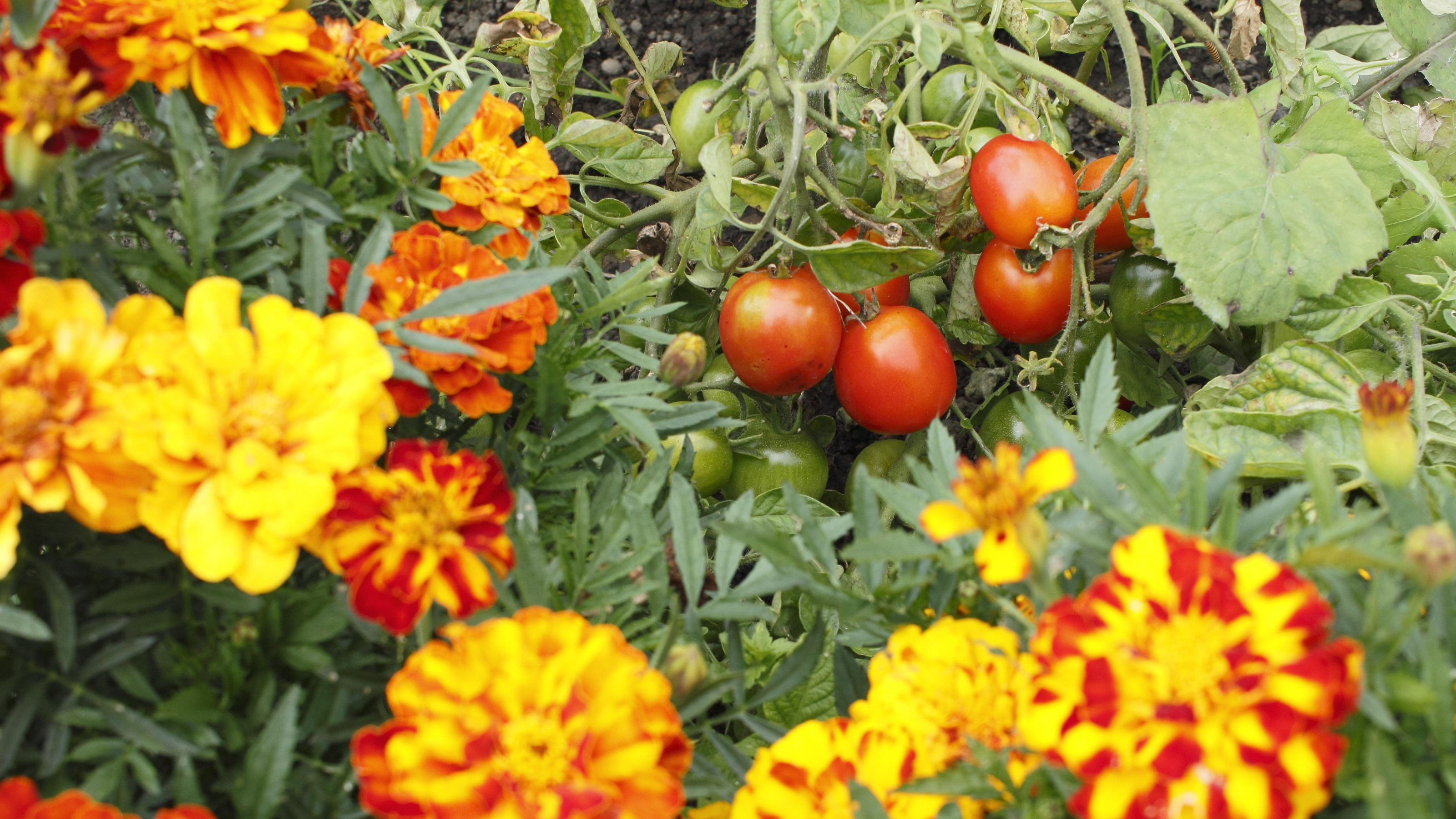
- Nasturtiums and cabbage. Nasturtiums are another good choice for companion planting, as they deter cabbage moths and other pests that target cabbage plants. They can also be used as a trap crop, attracting pests away from other plants.
- Chives and beans. Chives are said to repel aphids, spider mites, and other pests that can damage beans. They can be planted around bean plants to help protect them from these pests.
- Garlic and roses. Garlic is known to deter a variety of pests, including Japanese beetles, aphids, and spider mites. It can be planted around roses to help protect them from these pests.
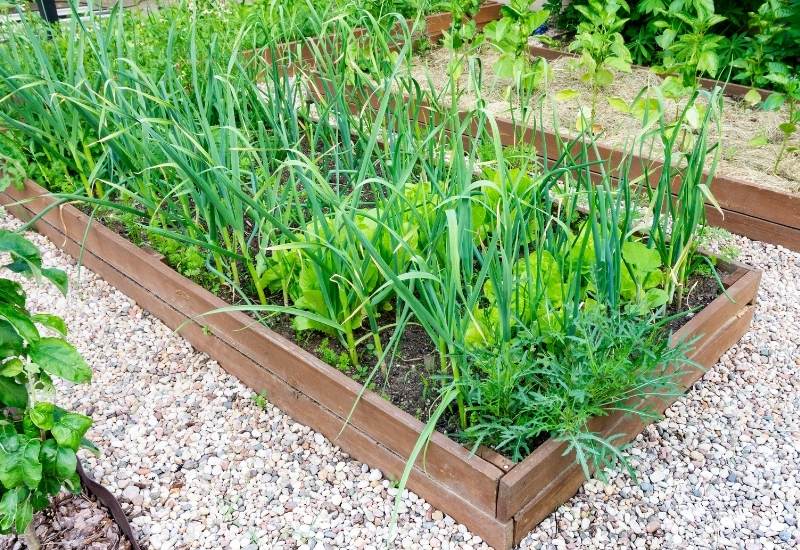
- Lavender and carrots. Lavender is said to repel carrot flies, cabbage moths, and other pests that can damage carrots. It can be planted around carrot plants to help protect them from these pests.
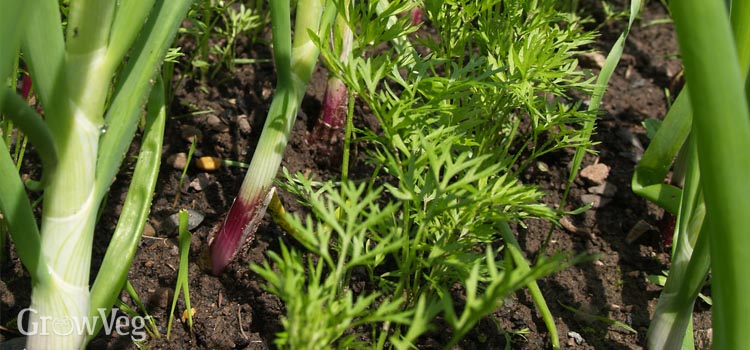
Post a Comment for "Companion Planting: The Natural Way To Deter Pests"